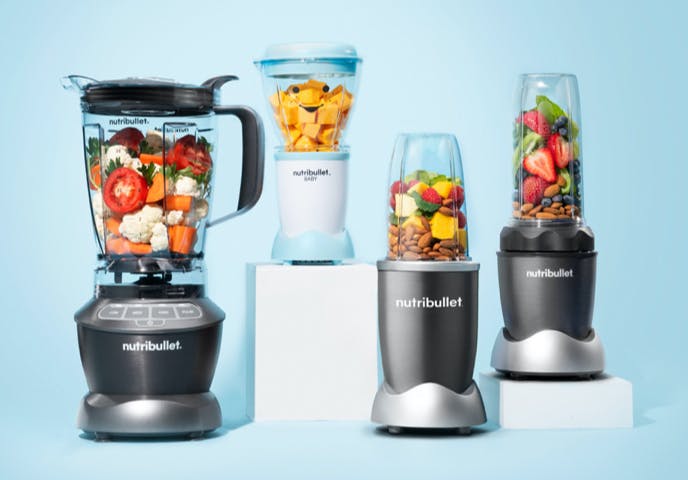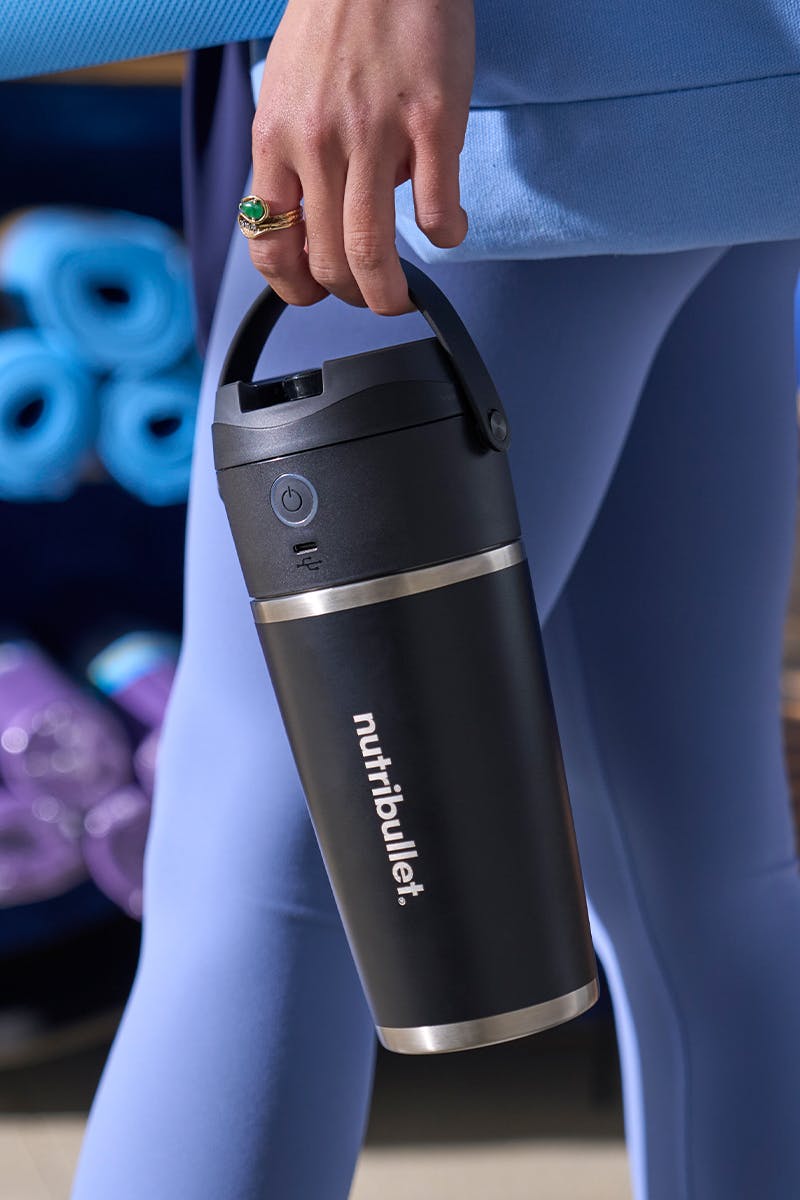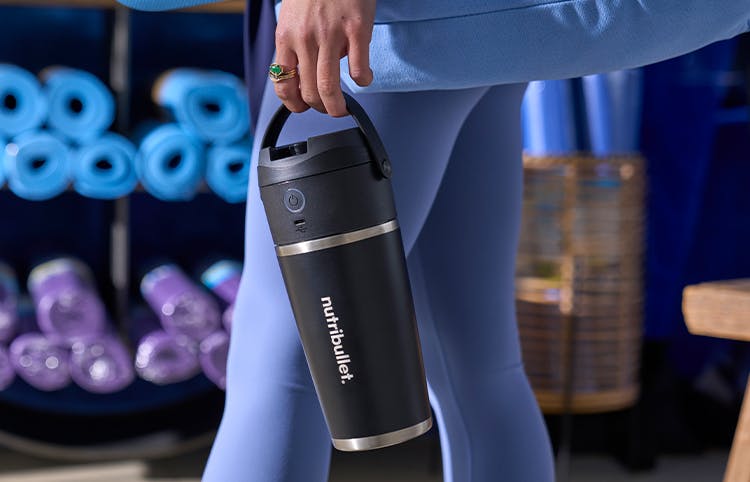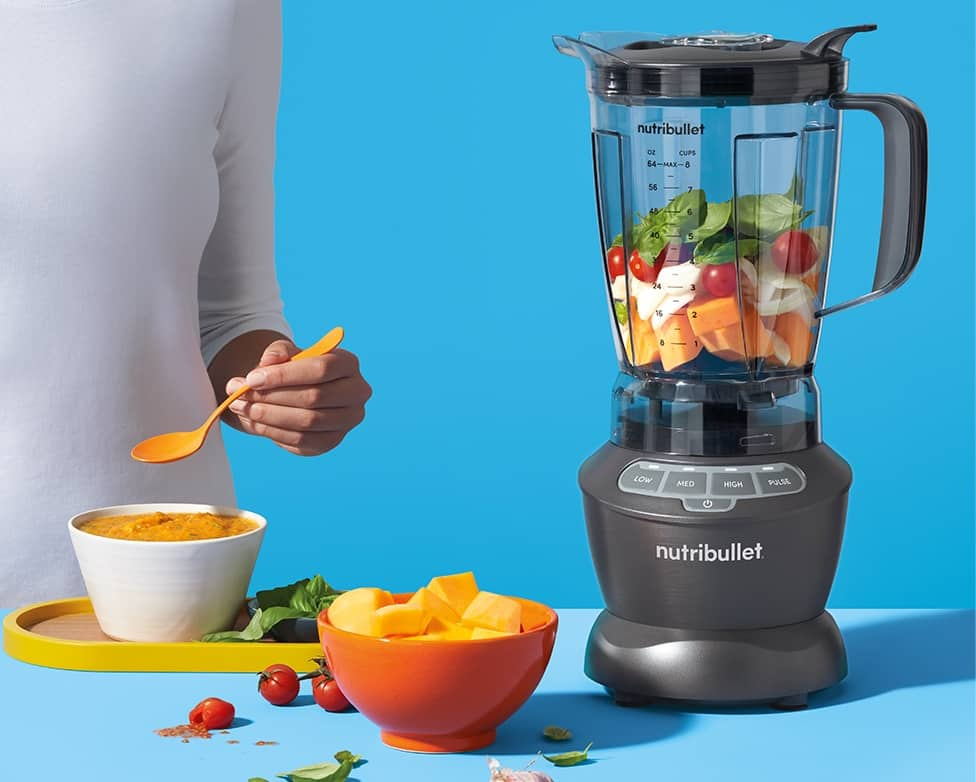Everybody’s got goals. Not everybody achieves them. That’s because most goals are too big and set too far in the future.
As humans, we have a bias toward short-term thinking. It’s a survival instinct that enables us to respond to danger quickly and to favor immediate gratification. But while useful when being chased by a bear and foraging for food, it’s detrimental to maintaining the habits required to achieve big goals.
Let’s say, for example, that you want to learn to cook better. You’ve set and reset this goal three times or more — at New Year’s, on #MotivationMonday, and after the most recent episode of Master Chef. You want to mix up your recipe repertoire and eat healthier, and maybe save some money by not eating takeout every night.
It’s a good goal, but it’s problematic because it lacks scope. It’s undefined, it’s unmeasurable, and it has no deadline.
- What does it mean to “cook better?” Is it ordering a meal kit, or taking a two-year culinary course at America’s best cooking school?
- How will you determine success? Is it making five of Martha’s recipes without burning the house down, or graduating from culinary school with honors?
- And when are you supposed to reach this goal? By the end of this month? The end of this year? The end of your life?
Clearly, you need some parameters — a path, if you will, toward your goal. Without them, your short-term bias will derail you. The good news is that there are strategies for setting and sticking to your path. The most effective of these is listed below.
Use the SMART Method
The SMART Method is a series of sub-strategies based on the acronym “SMART.” In short, your big goal should be Specific, Measurable, Achievable, Realistic, and Timely. Here’s what each of these means (plus a practical application based on our cooking example):
- Specific
- Define the details of your goal. What, exactly, do you want to achieve? As mentioned in the above example, does “cook better” mean learning five recipes or opening a restaurant? If you can’t name your goal, you probably won’t be able to reach it.
- Measurable
- Track progress toward your goal. Establish metrics for success, and set up visual tools — a spreadsheet, an app, a notebook — to monitor them. Check your metrics at regular intervals, whether weekly, daily, or monthly, to gauge wins and losses. In the case of our cooking example, you might create a checklist that includes knife skills you want to learn, preparations you want to try, and ingredients you want to incorporate.
- Achievable
- Break your big goal into several little ones. A big goal, after all, is just a bunch of small goals lined up and smooshed together. Just as no one gets to the top of Everest in a single leap; no one improves their culinary skill overnight. Take one step at a time— you’ve got to chop before you paysanne — and stack your achievements like a ladder leading to your big goal.
- Realistic
- Identify possible roadblocks en route to your goal. Ask yourself: What is my lifestyle? Does my schedule allow the pursuit of this goal? Do I have the resources I need — money, knowledge, or in the case of our cooking example, kitchen tools — to achieve my goal? Adjust your goals to fit your answers to these questions.
- Timely
- Assign each of your small goals a deadline you can meet within days or weeks. These deadlines set the pace for pursuing your big goal and help you course-correct if you fail to meet them. They also set expectations and allow you to track your progress and celebrate incremental gains.
Reward Yourself
Speaking of incremental gains… Celebrating small wins and rewarding yourself for keeping healthy habits is vital to achieving big goals. While it’s true that no one succeeds without discipline, it’s also true that all work and no play makes Josephina a dull girl. Rewards mitigate burnout and provide a break from the rigors of discipline.
Did you cook three new recipes this week? (Bringing you closer to your big goal of “cooking better”?) Buy yourself a new spice or take yourself out to lunch.
Did you run 50 miles over the course of one month? (Bringing you closer to your big goal of completing a marathon?) Buy yourself a new pair of kicks.
Choose rewards that are relevant to your goal and make you excited to continue pursuing it. Rewards are the pillars that support healthy habits.
Don’t Beat Yourself Up
The flip side of rewarding yourself is beating yourself up. Feel like you failed today? Don’t sweat it. Acknowledge your disappointment, recommit to your goal, and move on. Tomorrow, as they say, is a new day, and you can wake up and make it whatever you want, whether it’s a collection of choices that put you closer to your big goal or a collection of choices that don’t. In other words, don’t quit your big goal because of an off day.
Get a Morning Mantra (and Use It All Day)
Last, but not least, is the morning mantra. Of all the tips and hacks and simple strategies for achieving big goals and maintaining healthy habits, it has the highest return on investment. A few favorites:
- Use it all.
- Get it done.
- Win the day.
- Think I can’t? Watch me!
- Today, I prepare for tomorrow’s opportunity.
- I’m in training… for life.
Unlike the SMART method, which is effective but takes time to initiate, a morning mantra is inspiration in a second. Set it as an intention and refer to it throughout the day when you need to boost motivation and redirect energy. Change it according to your mood or stick with one for consistency. Write it down or record it as a meditation. The key isn’t how you use it, it’s that you use it. Good luck and happy go get ‘em!
If cooking better really is your big goal, sign up for Martha & Marley Spoon today and get $20 off your first 4 boxes with code SMOOTHIES3.



















